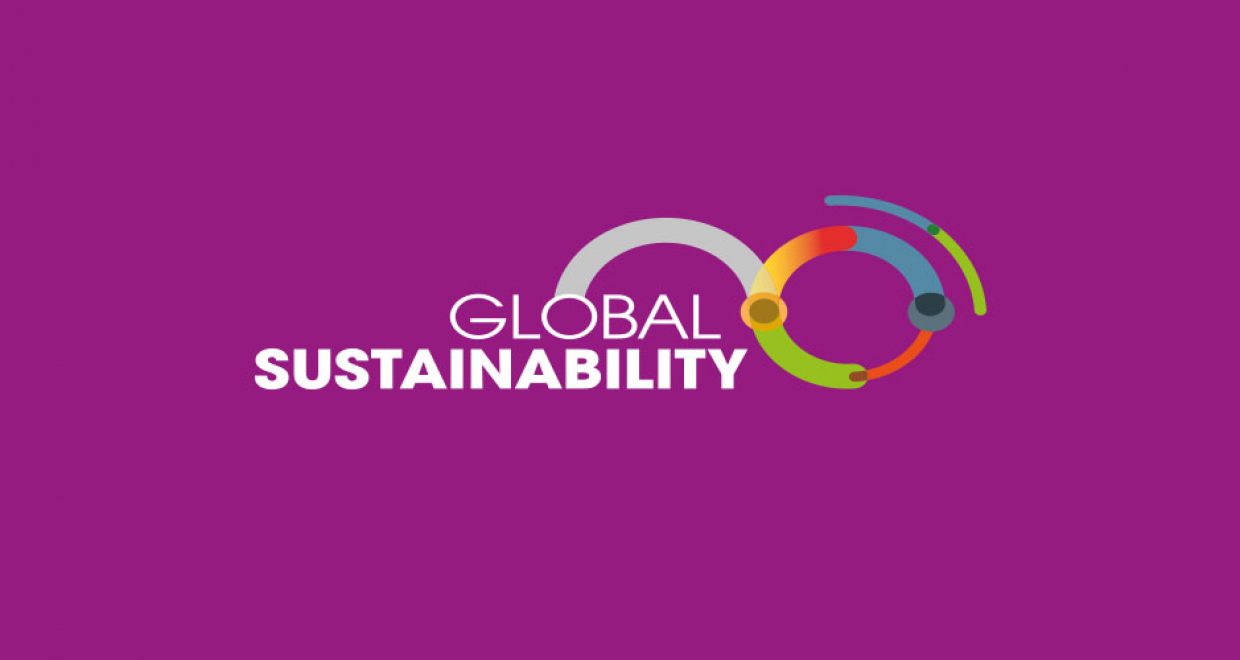Q&A with Global Sustainability’s new Editor-in-Chief Emily Boyd

• Could you tell us a bit about your background?
I am the Director of Lund University Centre for Sustainability Studies. I have a background in International Development with several years-experience of researching global environmental change specializing in poverty, governance and differential vulnerability. In my case, my focus is on addressing the fundamental inequity of access to resources, mobilisation of movements to promote the uptake of new climate science and technologies or weighing up this technology versus lifestyle changes. I am particularly interested in how ideas about sustainability connect to actions on social and just transformations in both local and global contexts. As a scholar I address the fundamental human aspects such as why climate change matters and what solutions are available to adapt and transform.
• What motivated you to become Editor-in-Chief of Global Sustainability?
Sustainability research has advanced enormously over the past 20 years under the auspices of great scholarship and practice. There have been leaps in understandings, such as in the relationship between economic systems and natural environment, the role of collective action in governing resources, and of the social conditions that enable or constrain capabilities and capacities for individuals and groups to continue to develop under shocks and crises. Still, there are major gaps that need to be filled with questions on how to reconfigure institutions, governance and power dynamics across all scales of adaptation, mitigation, ecosystems and knowledges. Major questions still stand about how to transform our societies in ways that are just, equitable and effective, and who to involve in transformations, where, when and at what scale?
I am motivated by these many unanswered questions and gaps in our understanding. I am also motivated by interdisciplinary sustainability science. I always seek to support connections between STEM and SHAPE subjects. Transdisciplinarity is also a new frontier in the formation of novel ideas and actions in sustainability. I believe that there is a contribution for and of sustainability, and sustainability-related scholarship, to advance basic knowledge on relationships between human and natural systems, and to develop novel ideas that generate unexpected results and solutions.
• Why should authors publish in Global Sustainability?
Global Sustainability is an Open Access journal committed to supporting the rapidly expanding interdisciplinary area of global sustainability research. For the past ten years sustainability science as a research field has grown rapidly to include human social and economic pressure on the whole Earth system, but as a field it has also developed emerging areas of social justice, governance, social mobilization, digitalization and technologies, and individual to systemic transformations. The journal is uniquely placed to address the scale of the challenges posed by global sustainability, including the interlinkages between societal and our planetary resilience, and solutions for societal transformations.
Global Sustainability is leading the way in thinking about sustainable pathways and social resilience in an era where humans shape every dimension of our biosphere. The research published in Global Sustainability cuts across disciplines and sets the bar high with regards to quality and significance of the knowledge and solutions that they present. It is as much about the detail, the replicability of methods, and the analytical, as the contentious micropolitics, intersectionality and justice perspectives combined. Global Sustainability is a serious journal and welcomes papers from the Global Sustainability community and beyond.
• Who inspires you from the field of Sustainability?
There are many people that inspire from the field of Sustainability. The field is built on the work of a whole generation of outstanding researchers, teachers and practitioners. One that stands out for me is Elinor Ostrom. She was such a bright mind. Her work was not only robust empirically, but she theorized collective action in such interesting new ways. She cared about the science – it was rigorous- and she also cared about the people that she worked with. I think she was a great role model in that regard.
• Can you tell us about your vision for Global Sustainability?
As the new editor-in-chief I would like to see a new dynamic phase in Global Sustainability. There is no doubt we are entering a new time of pressing transformation. Global Sustainability has the potential to lift Interdisciplinary scholarship to new levels. In a very uncertain world, with growing misinformation, Global Sustainability, represents a platform for debate, development of knowledge, with the help of a community that critically checks quality and advances the field of sustainability. I also expect the journal to be inclusive and open to a range of perspectives and approaches that form new ideas, narratives, knowledges and tools.
• Can you tell us about your plans for developing Global Sustainability over the next year?
Global Sustainability has the potential to be at the forefront of global debates with relevant and timely science so as to contribute to pushing the boundaries of knowledge. In the wake of Covid-19 and over the next year my plan for Global Sustainability is to sharpen its focus, consolidate and re-energize. This will take place by building on existing efforts and generating new inspiration, engagement, and timely working. Probably the biggest challenge we face as a global community is how to maintain visibility and relevance in a rapidly changing landscape of publishing and funding. On that basis establishing new editorial members and the impact factor will be a priority for the journal.
Global Sustainability is an Open Access journal dedicated to supporting the rapidly expanding area of global sustainability research. The journal explores global sustainability, planetary and societal resilience, and solutions for societal transformations. Submit your papers here and follow the journal on Twitter, @CambUP_GSus.






